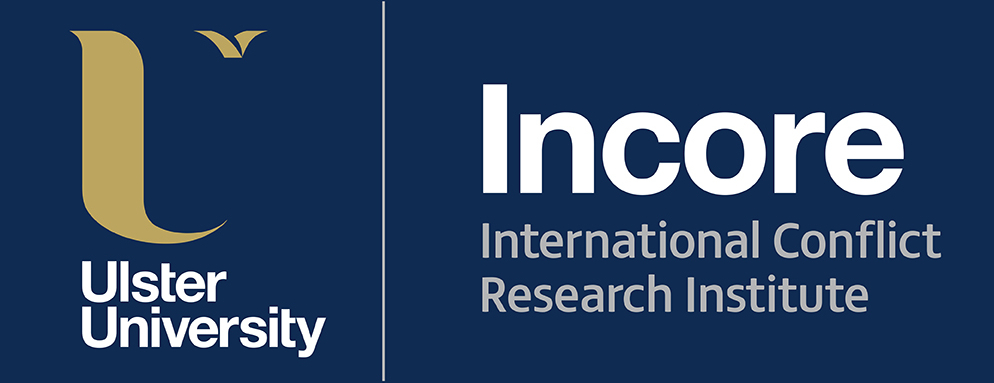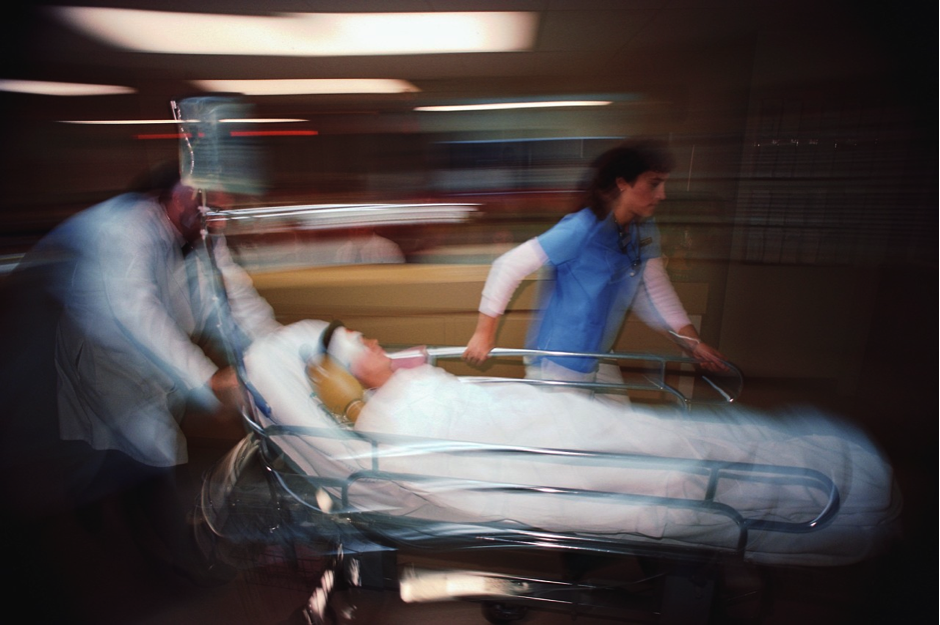Working with colleagues and the wider story telling community in Northern Ireland on the Accounts of the Conflict project has been a privilege for me but also a time to reflect.
I moved to Northern Ireland in 1986 as a general social researcher and having worked first with Paddy ‘Bogside’ Doherty in Derry~Londonderry I moved into academic life. My first two major projects were a study of the 12 hour shift for nurses in the Western Board and then a study of cross-community marriage in Northern Ireland.
The first study involved me in observations of nurses’ work at the Erne Hospital in Fermanagh where some of those injured in the Enniskillen bomb (8 November 1987) were being treated. At no time during that research did the research team ever discuss the effects on nurses of working in a violently divided society. Just a few weeks ago, at the WAVE Conference on ‘Storytelling and the Past’, I listened to nurses talk about their story collecting project and about their experiences as they carried out their professional work in the midst of the trauma, pain and injury brought about by the conflict. This led me to reflect on questions such as: when is the time to record stories? Would it have been possible for those nurses to speak at that time? I suspect not. And it’s only now, almost 20 years later, that those stories are being recorded and the public beginning to hear and read their accounts.
The second project involved me travelling around Northern Ireland interviewing people who were in a ‘mixed’ marriage (ie Catholic-Protestant). This project was carried out on behalf of the two marriage guidance organisations in NI at the time, Relate and the Catholic Marriage Advisory Centre (now called Accord). At that time those who took part were assured of confidentiality. There was no discussion within the research team (or with participants) of any possibility of preserving the interview transcripts for the long term and so the quotes contained in the report ‘Cross-community Marriage in Northern Ireland’ (1992) are the only records of those precious stories that I was privileged to hear.
I may be wrong, but I do not think many (if any) of those I interviewed would have agreed to the long-term storage of their interview and of course there was no public vision at that time of the future of the internet. It was dangerous for some of those who took part to speak publicly about their relationship, in fact even dangerous for them to be seen being interviewed by me. More recently new studies by the Northern Ireland Mixed Marriages Association and Layers of Meaning have added to our understanding of the experiences of those in a mixed marriage here. These projects have considered the best long-term storage and preservation options for their interviews in a way that my earlier project never did.
So my reflections are about when are people ready to tell their story? When is it safe for them to tell their story? When is society ready to listen? And from the point of view of Accounts of the Conflict when can society begin to think about the long-term storage and preservation of such stories and ultimately making them more widely available so that we can all learn from them?
- Accounts of the Conflict Roadshows - 1st December 2014
- A Personal Reflection on Researching in Northern Ireland - 23rd May 2014






